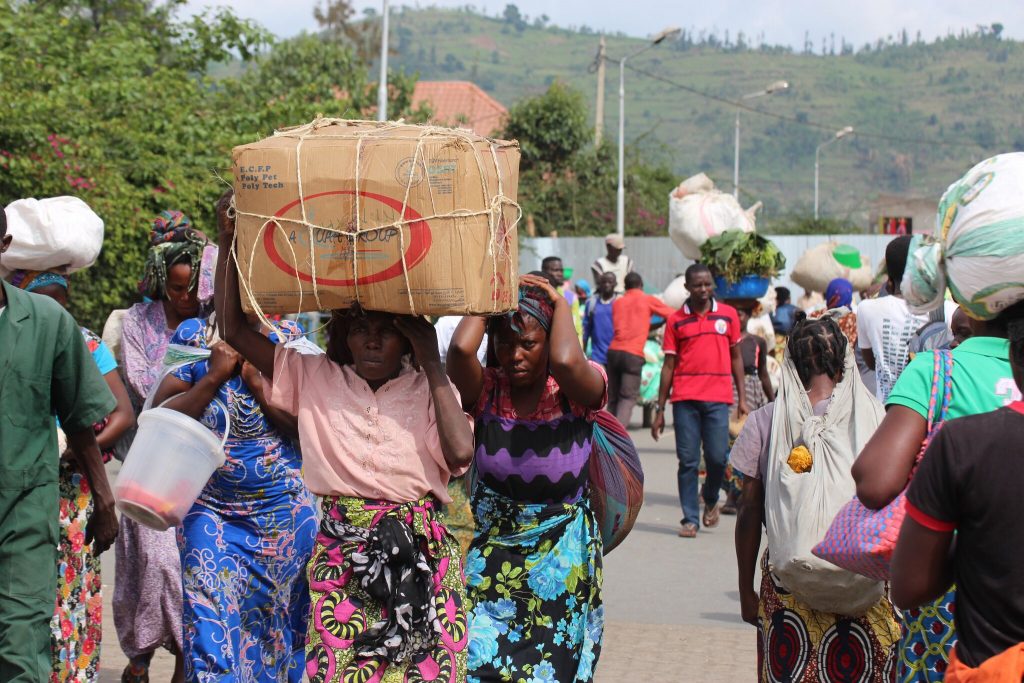
Representatives from nine countries in eastern and southern Africa that implement the COMESA Simplified Trade Regime (STR) concluded a two Policy Dialogue in Machakos, Kenya on 6 – 7 August 2024.
The dialogue was necessitated by the need to address emerging policy and technical issues facing implementation of the STR and make recommendations to policy makers to improve its implementation. It was attended by delegates from Burundi, D R Congo, Kenya, Malawi, Rwanda, Tanzania, Uganda, Zambia and Zimbabwe.
The STR was designed by COMESA in 2010 to assist small-scale cross border traders, to access the privileges of the COMESA Free Trade Area, and to reduce the time spent at borders through simplification of border procedures.
Its implementation is premised on four key tools that include the Simplified Certificate of Origin, the Simplified Customs Document, the Common List and the Threshold, which sets the value of consignment at a maximum of US$2000.
At the dialogue, Dr Christopher Onyango, Director of Trade and Customs, COMESA stressed the need to continuously explore ways of improving its functioning, given the vital role played by Small-Scale Cross Border Traders in facilitating movement of goods and services across borders.
“For instance, trade under the STR is only for products that are on the agreed Common Lists. However, the Common Lists exclude some products that have originating status,” he observed.
This, he added places small scale traders at a disadvantage as they would not obtain preferences for those products which are not on the Common List even though the products have originating status.
Stressing the same point, Mr Micheal Mandu, acting Secretary of Trade, in the Ministry of Trade and Investment, Kenya, urged governments of STR implementing countries to embrace the reforms for the STR to work effectively.
“From time to time, it may become necessary to adjust the way the STR is implemented, with the aim of making the STR more user friendly and to meet the expectations of the small- scale cross border traders,” he said.
He noted that the STR Common List of eligible products, which is negotiated and agreed between two contiguous countries require updating from time to time, given the dynamics of trade and consumer tastes as well new products that may be produced in the COMESA countries.
Further, he said there is need for uniformity in the application and processing of the STR transactions and learning from best practices in East African Community and Southern African Development Community in the context of the Tripartite.
Small Scale Cross Border Trade, estimated to constitutes 40% of total trade is dominated by women and youth and the products they trade are mainly essential food items. By carrying out this cross-border trade, the small-scale traders assist in moving goods from areas of abundance to areas of deficit thereby assisting to level out prices across countries.
Since 2018, the subsector has received significant boost under the European Union- funded Small-Scale Cross Border Trade Initiative (SSCBTI). This includes the deployment and training of Trade Information Desk Officers at the selected borders, completing several studies and collection of informal cross border gender sensitive trade data at selected borders.
As the SSCBTI comes to an end this year, Dr Onyango called upon Member States and other beneficiaries to own and carry on with the activities to support small scale cross border trade.




